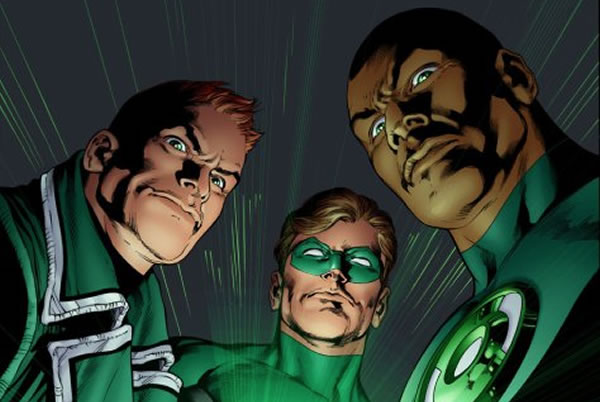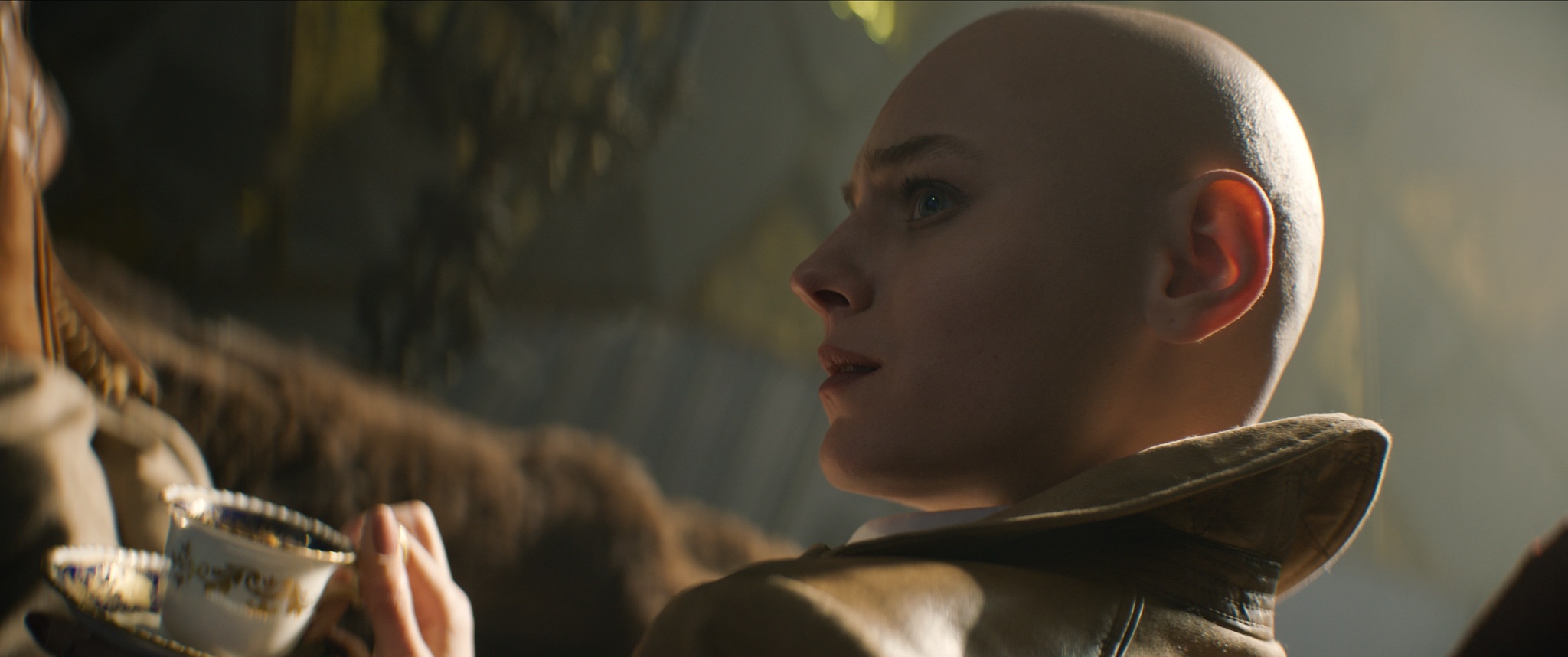
Planet by Blue Orange Games
Price:~$35.00
Players:2 to 5
Playtime:30 to 45 minutes
Perfect for:People who enjoy abstract creative strategy games focused on tile drafting.
Planet is a game of creating a balanced ecosystem by strategically building a literal three-dimensional sphere into a planet. Players are going to have to be clever, weighing and considering short-term and long-term goals, in order to construct the optimal size and placement of regions in order to attract life. Before discussing the mechanic in more detail, here is more information about theme from the publisher, Blue Orange Games:
The spark of life is about to jump from your hands to spread out in the world. Deploy your mountain ranges and your deserts, spread out your oceans and your glaciers. Handle wisely your continents to form environments suitable for the apparition of animal life and maybe you’ll manage to create the most densely populated planet!
To begin Planet two to five players start with an empty planet, with space for 12 tiles that can attach magnetically. During each round, players will select a tile to add to their growing planet, with each tile having 5 sections which can be any combination of four colors which represent different types of terrain (ocean, ice, sand, mountains). Points are scored and totaled at the end of the 12 rounds by counting the number of regions that fulfill a few pre-defined objectives and one secret objective per player. For example, a community objective might be awarding points to the largest contiguous ocean region that does not touch a mountains region; a secret objective might be to construct a planet with the most desert regions. The person with the greatest number of points at the end of the rounds, wins.
RELATED: Tabletop Game Review: Kingdomino Duel
What works in Planet is the escalation of strategy and engagement. For the first few playthroughs, players are likely to be intently focused on how to optimize the space on their planet, obsessing on getting the right tiles, and weighing risks vs. rewards as they evaluate their choices. However, the game evolves significantly when a very important rule is realized—at any time players can look at their opponents’ planets. This adds a new variable to the equation as players consider drafting a tile that may offer a minor benefit to them, but the acquisition would be a huge detriment to the opposition if they were unable to possess it. Once learned, Planet has high replay value due to the multitude of strategies that can be employed within a rather quick playtime.
Players who don’t enjoy estimating spatial relationships or abstract strategy, may not appreciate Planet. The overall strategy is very light, so those who enjoy a bit more complexity in their games may find the mechanics a little basic. Also, some may find the scoring conditions somewhat repetitive, but this could easily be fixed with expansions that introduce new tile types.
Planet is a great family game that is easy to teach, plays quickly, and scales nicely in terms of its competitive nature. While it may very deep, Planet is a fun addition to your gaming collection and perfect for a rainy day.
Recommended if you like: Kingdomino, Splendor
Final Grade: A-
Don’t forget to share this post on your Facebook wall and with your Twitter followers! Just hit the buttons on the top of this page.
—–
Have you checked out LRM Online‘s official podcast feed yet The LRM Online Podcast Network, which includes our flagship podcast Los Fanboys, our premiere podcast Breaking Geek Radio: The Podcast, and our morning show LRMornings? Check it out by listening below. It’s also available on all your favorite podcast apps!
Subscribe on: Apple Podcasts | Spotify | SoundCloud | Stitcher | Google Play

 FOR FANBOYS, BY FANBOYS
Have you checked out LRM Online’s official podcasts and videos on The Genreverse Podcast Network? Available on YouTube and all your favorite podcast apps, This multimedia empire includes The Daily CoG, Breaking Geek Radio: The Podcast, GeekScholars Movie News, Anime-Versal Review Podcast, and our Star Wars dedicated podcast The Cantina. Check it out by listening on all your favorite podcast apps, or watching on YouTube!
Subscribe on: Apple Podcasts | Spotify | SoundCloud | Stitcher | Google Play
FOR FANBOYS, BY FANBOYS
Have you checked out LRM Online’s official podcasts and videos on The Genreverse Podcast Network? Available on YouTube and all your favorite podcast apps, This multimedia empire includes The Daily CoG, Breaking Geek Radio: The Podcast, GeekScholars Movie News, Anime-Versal Review Podcast, and our Star Wars dedicated podcast The Cantina. Check it out by listening on all your favorite podcast apps, or watching on YouTube!
Subscribe on: Apple Podcasts | Spotify | SoundCloud | Stitcher | Google Play




